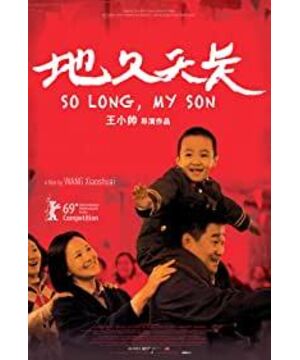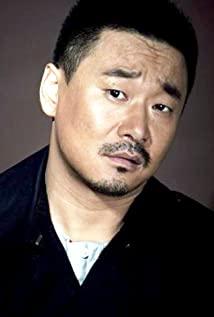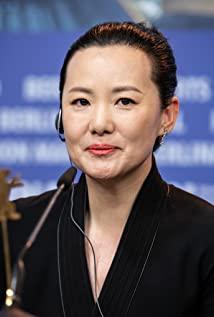/2019.11.8 Shin Kong Studios Golden Horse Film Festival/ This time I don't want to talk about the quality of this movie, I just want to talk about my feelings.
The experience of watching this movie in Taiwan is very different. When I see some familiar and personal plots, I always subconsciously look around. I think only mainlanders can understand certain plots, some of the meanings that some directors want to express, and for Taiwanese, perhaps these can be attributed to symbolic symbols.
There were only a few people in the movie hall of Nuoda, and I was the only young man. There was only a grey-haired old man sitting in front of me. This movie spanned a generation and an era. I couldn’t help but wonder if this strange old man also had a story of his own, and he might be surprised too. Why is the young girl behind her sobbing faintly.
Warmth and reluctance, how can ordinary people and children who have suffered trauma coexist with pain, and how can they reconcile with fate. This film is a story of two families and a generation. I like the performances of Yongmei and Wang Jingchun so much. They don't seem to be performing. They are so light that I always think of their faces.
Many people criticize Haiyan's last sentence "We are rich" as ridiculous, but I think this is exactly what Director Wang Xiaoshuai intended. What he wants to express is "aphasia", and it is the habit of the protagonists to blame themselves, rather than being established rules.
In the power struggles of modern society, very few people with power hold the right to speak, and they define the past history and the present that will become history. And most powerless people live under the social norms constructed by power. They can't even express their own voice, and even if they express their own dissent, it will not be recorded by the "history" written by those in power.
The cruelest thing about Michel Foucault's theory is that most silent and voiceless people seem to have never existed in history.
The film presentation presents the 90s so well, it's so familiar that it feels like I've experienced it. Maybe it has something to do with my growth. When I was a child, I grew up in a government college. The layout of the home is so similar to the main character's home. I was an only child. My childhood, I lived in such a tube building, which was old, noisy, and full of fireworks. When family planning was in full swing, my father worked in a family planning office for a period of time. When he mentioned his past work, he would occasionally shake his head and briefly tell a few cruel stories, and more often he would sigh lightly:
"That's how it was in those days, there's no way."
View more about So Long, My Son reviews










